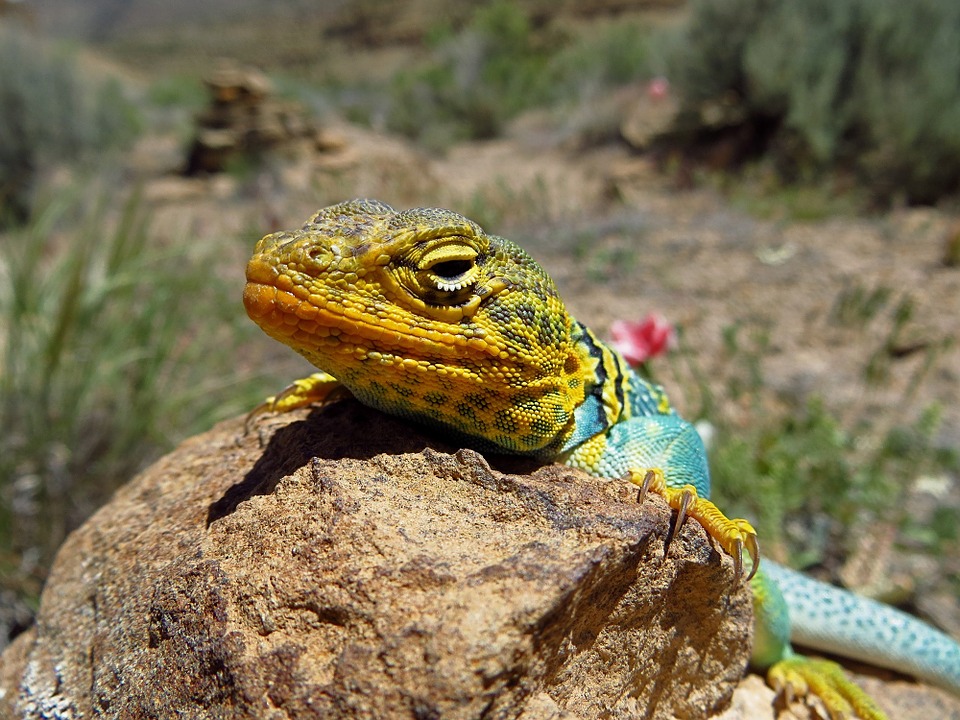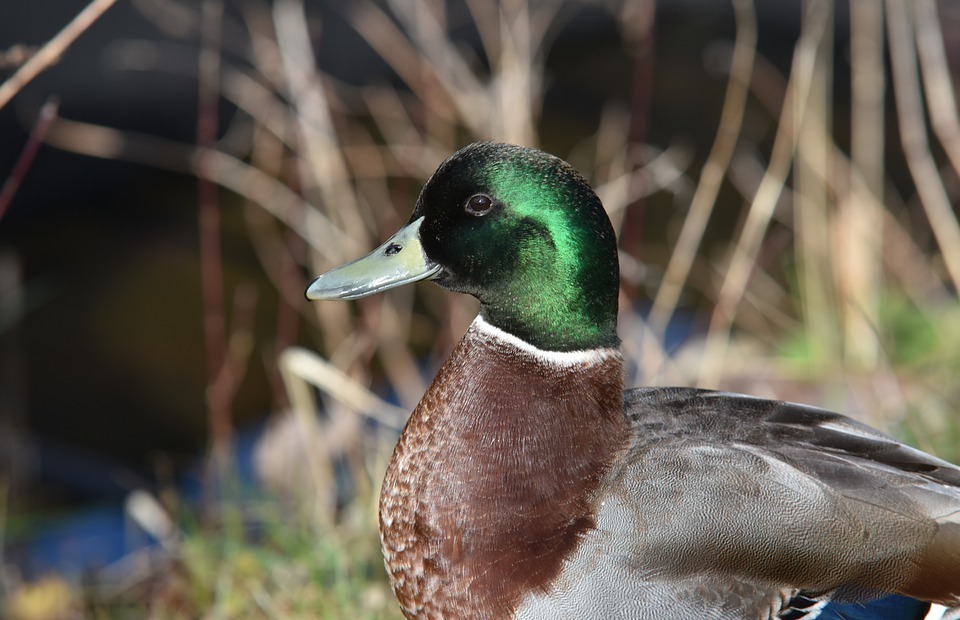Turnip greens, with their vibrant green colour and slightly peppery flavour, add a welcome twist to the typical rabbit diet. But are they safe for our furry friends? This article dives deep into the world of rabbit nutrition, exploring the suitability of turnip greens as a dietary addition for these herbivores. We'll cover the nutritional benefits, potential risks, and practical guidance on incorporating this leafy green into your rabbit's diet. Join us as we navigate the complexities of turnip greens and rabbit nutrition, equipping you with the knowledge to make informed decisions about your rabbit's well-being.
Part 1: The Nutritional Powerhouse: Understanding Turnip Greens

1.1 A Bounty of Essential Vitamins and Minerals
Turnip greens are a nutritional goldmine, brimming with vitamins and minerals vital for optimal rabbit health. They stand out as an excellent source of:
- Vitamin C: Crucial for a robust immune system, helping rabbits fight off infections and aiding in tissue repair.
- Vitamin A: Essential for maintaining good vision, promoting cell growth, and supporting a healthy immune system.
- Vitamin K: Plays a vital role in blood clotting and bone health, ensuring proper coagulation and strong bones.
- Calcium: Key for bone development, muscle function, and nerve transmission, ensuring strong bones and proper nerve impulses.
- Potassium: Important for maintaining fluid balance, regulating muscle contractions, and supporting nerve function, keeping muscles functioning and nerves transmitting signals correctly.
- Iron: Essential for oxygen transport in the blood and red blood cell production, ensuring proper oxygen delivery throughout the body.
1.2 Fiber Content: A Digestive Boon
Turnip greens are a rich source of dietary fiber, a crucial element for maintaining a healthy digestive system in rabbits. This fiber promotes:
- Regular Bowel Movements: Prevents constipation and ensures smooth digestion, preventing uncomfortable blockages.
- Gut Health: Provides nourishment for beneficial bacteria in the gut, fostering a balanced and healthy microbiome.
- Dental Health: The act of chewing fibrous greens helps wear down rabbit's teeth, preventing overgrowth and dental problems, maintaining healthy teeth and reducing the risk of complications.
1.3 A Calorie-Conscious Choice: Low in Calories and Fat
Turnip greens are naturally low in calories and fat, making them a suitable addition to a rabbit's diet without contributing to weight gain. This is crucial for rabbits prone to obesity, which can lead to various health problems like heart disease and diabetes.
Part 2: The Benefits of Turnip Greens for Rabbits

2.1 Boosting the Immune System: A Natural Defense
The abundance of vitamins and minerals, particularly Vitamin C, in turnip greens contributes to a robust immune system in rabbits. This helps them fight off infections, recover quickly from illnesses, and maintain overall health.
2.2 Enhancing Digestive Health: A Smooth and Efficient System
The high fiber content in turnip greens promotes regular bowel movements, preventing constipation and maintaining a healthy digestive tract. This is vital for rabbits, as their digestive system is sensitive and prone to issues if not properly maintained.
2.3 Maintaining Dental Health: Preventing Overgrowth
The act of chewing fibrous greens like turnip greens helps wear down rabbit's teeth, preventing overgrowth and dental problems. This is crucial for maintaining good oral health and ensuring rabbits can chew their food properly, preventing pain and complications.
2.4 Potential Anti-Cancer Properties: Ongoing Research
While further research is needed, some studies suggest that certain compounds found in turnip greens, such as glucosinolates, may possess anti-cancer properties. These compounds are known for their potential to inhibit the growth of cancer cells in other species, but their impact on rabbits requires further investigation.
Part 3: Navigating the Risks: Potential Issues with Turnip Greens
3.1 Oxalates: A Potential for Kidney Stones
Turnip greens contain oxalates, which can bind with calcium in the body and potentially lead to the formation of kidney stones. However, the oxalate levels in turnip greens are relatively low compared to other leafy greens, and the risk is minimal for rabbits that consume a varied and balanced diet.
3.2 Gas and Bloating: A Common Side Effect
Like other leafy greens, turnip greens can cause gas and bloating in rabbits, especially when consumed in large quantities. It's important to introduce turnip greens gradually and monitor your rabbit's response for any signs of discomfort.
3.3 Pesticide Residues: Choosing Organic or Washing Thoroughly
Turnip greens, like any other produce, may contain pesticide residues. It's important to purchase organic turnip greens whenever possible or thoroughly wash conventionally grown greens to minimize exposure to potentially harmful chemicals.
Part 4: Incorporating Turnip Greens into Your Rabbit's Diet
4.1 Starting Small: A Gradual Introduction
When introducing turnip greens for the first time, offer a small amount, about a teaspoonful, and monitor your rabbit's response. Observe for any signs of digestive upset, such as gas, bloating, or diarrhea.
4.2 Gradual Increase: Finding the Right Amount
If your rabbit tolerates the initial amount well, gradually increase the quantity over several days. The goal is to find a suitable amount that your rabbit enjoys without causing digestive problems. Remember, moderation is key!
4.3 Variety is the Spice of Life: A Balanced Diet
It's crucial to offer a variety of leafy greens to ensure your rabbit gets a balanced diet. Avoid feeding only turnip greens, as this can lead to dietary imbalances. Provide a diverse mix of greens, such as romaine lettuce, dandelion greens, parsley, and cilantro.
4.4 Freshness Matters: Opt for Fresh, Clean Greens
Always provide fresh, clean turnip greens to your rabbit. Avoid giving wilted or spoiled greens, as these can cause digestive issues. Wash turnip greens thoroughly to remove any dirt or residue before offering them to your rabbit.
Part 5: Addressing Common Concerns: FAQs
5.1 Can Baby Rabbits Eat Turnip Greens?
It's generally recommended to avoid feeding turnip greens to baby rabbits, as their digestive systems are still developing and more sensitive. Stick to a diet of Timothy hay and small amounts of fresh herbs and leafy greens specifically recommended for young rabbits.
5.2 Can Pregnant or Lactating Rabbits Eat Turnip Greens?
Pregnant and lactating rabbits may be more sensitive to certain foods, including turnip greens. It's best to consult with a veterinarian to determine if turnip greens are suitable for your rabbit during these stages.
5.3 How Often Should I Feed Turnip Greens to My Rabbit?
The frequency of feeding turnip greens depends on your rabbit's individual needs and tolerance. Aim for a few times a week, but ensure you offer a variety of other leafy greens and hay to maintain a balanced diet.
5.4 Can I Feed Cooked Turnip Greens to My Rabbit?
It's not recommended to feed cooked turnip greens to your rabbit. The cooking process can destroy essential nutrients and make the greens less palatable. Stick to fresh, uncooked turnip greens.
5.5 What If My Rabbit Shows Signs of Digestive Upset After Eating Turnip Greens?
If your rabbit shows signs of gas, bloating, or diarrhea after eating turnip greens, stop feeding them immediately. Reduce the amount of turnip greens in subsequent feedings or discontinue them entirely. Consult with a veterinarian if the symptoms persist or worsen.
5.6 Are There Any Specific Varieties of Turnip Greens That Are Better or Worse for Rabbits?
There's no significant difference in nutritional content or risk factors between different varieties of turnip greens, such as the purple-top turnip greens or the white-top turnip greens. As long as you follow the general guidelines for introducing and feeding turnip greens, any variety can be safely incorporated into your rabbit's diet.
5.7 Can I Feed Turnip Tops to My Rabbit?
Yes, you can feed turnip tops to your rabbit, but in moderation. The leaves of the turnip plant, known as turnip greens, are generally considered more nutritious than the turnip tops, but both can be offered as part of a balanced diet.
5.8 How Do I Store Turnip Greens for My Rabbit?
To maintain freshness and prevent spoilage, store turnip greens in the refrigerator in a sealed plastic bag or container. Ensure the greens are dry before storing to prevent moisture buildup. Aim to use them within 3-5 days for optimal freshness.
Everyone is watching
-

Do Rabbits Lay Eggs? (The Surprising Truth)
OTHER TYPES OF PETSThis article will unravel the common misconception that rabbits lay eggs, exploring the fascinating world of r...
-

Can Rabbits Eat Grapes? A Guide to Safe Rabbit Treats
OTHER TYPES OF PETSThis comprehensive guide will explore the safety and suitability of grapes for rabbits, providing detailed inf...
-

What's a Group of Rabbits Called? (A Comprehensive Guide)
OTHER TYPES OF PETSThis article delves into the fascinating world of rabbits, exploring the various terms used to describe a grou...
-

Predators That Hunt Rabbits: A Guide to Natural Enemies
OTHER TYPES OF PETSI've always been fascinated by the circle of life, that delicate dance between predator and prey. Growing up ...
-

Are Rabbits Nocturnal Animals?
OTHER TYPES OF PETSThe question of whether rabbits are nocturnal animals is a fascinating one, with a surprisingly complex answer...
